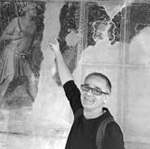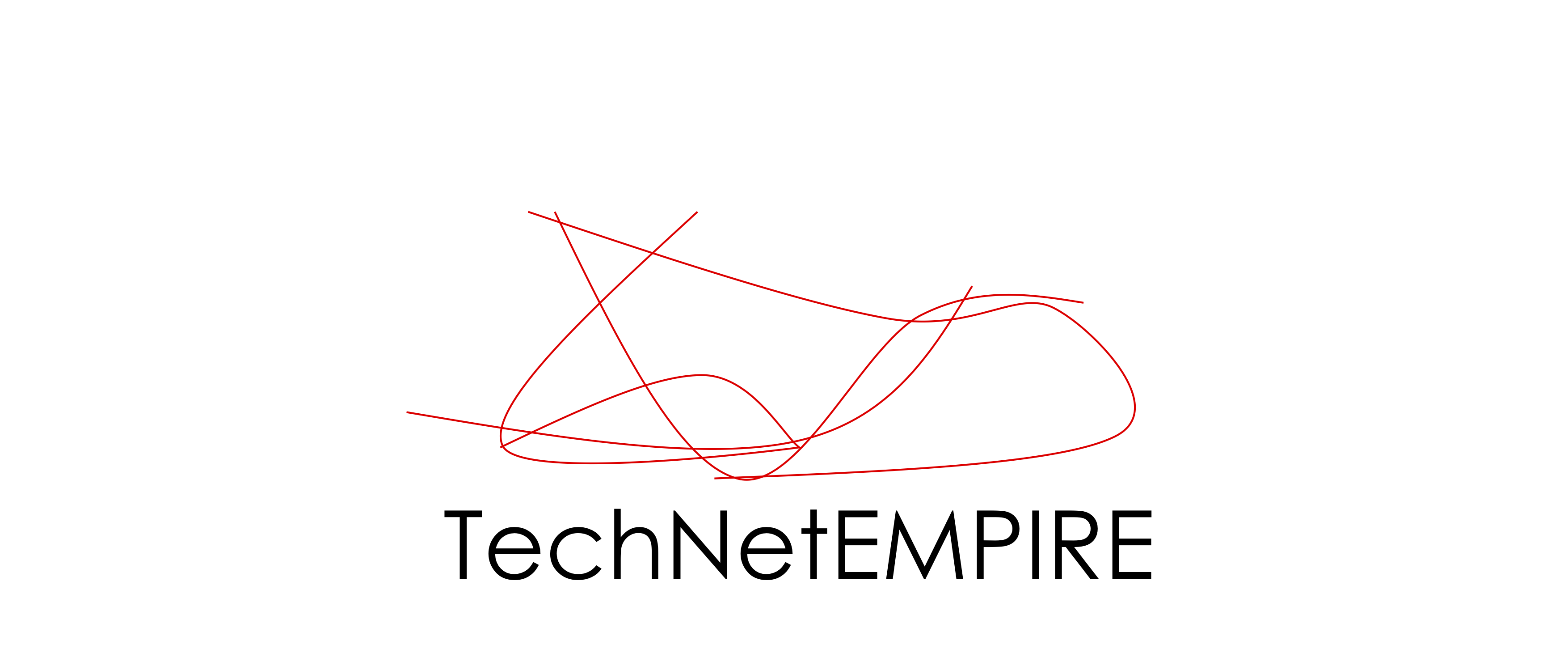
Is a Research Group Leader in Dept. I, Honorary Professor at the Technische Universität Berlin, Professor by Special Appointment at the Faculty of Humanities at Tel Aviv University, and Principal Investigator of the Project “Images and Configurations in Corpora of University Textbooks” at the Berlin Center for Machine Learning.
In his research, he investigates processes of 1) emergence of scientific knowledge in relation to its practical, social, and institutional dimensions, and 2) homogenization of scientific knowledge in the framework of Cultural Heritage Studies.
Centring on cosmological knowledge, Matteo Valleriani’s current major research project is concerned with the evolution of the scientific knowledge system and with the establishment of a shared scientific identity in Europe in the period between the 13th and the 17th centuries. In the frame of this project he also co-develops and implements multi-layered network models (sphaera.mpiwg-berlin.mpg.de). A further focus of his research is on the epistemic function of visual material in scientific research and in the framework of processes of knowledge transformation. Within this context he co-develops and applies machine learning technologies.
As leader of the working group “The Structures of Practical Knowledge” he investigated the epistemic mechanisms that integrated practical knowledge and its codification into abstract structures of scientific knowledge during the early modern period (“The Structures of Practical Knowledge”, Springer Nature, 2017).
His major projects have been dedicated to Galileo’s science (“Galileo Engineer”, Springer, 2010) and to Nicolò Tartaglia’s ballistics (“Metallurgy, Ballistics and Epistemic Instruments: The ‘Nova Scientia’ of Nicolò Tartaglia. A New Edition”, Edition Open Access, 2013). Affiliated to the Excellence Cluster Topoi, he investigated the emergence of hydromechanics in classical antiquity (“Hydrostatics and Pneumatics in Antiquity”, in G. L. Irby (ed.), “A Companion to Science, Technology, and Medicine in Ancient Greece and Rome”, Wiley-Blackwell, 2016). Matteo Valleriani worked on the processes of the appropriation of ancient science during the early modern period. He edited an issue of Nuncius (“Appropriation and Transformation of Ancient Science”, Nuncius, 29, 2014), which contains his final contribution to the study of the appropriation of ancient pneumatics through early modern garden technology (“Ancient Pneumatics Transformed During the Early Modern Period”, Nuncius, 29, 2014, 127–174, http://pratolino.mpiwg- berlin.mpg.de).
The Max Planck Institute for the History of Science | Berlin
valleriani@mpiwg-berlin.mpg.de
![]()
